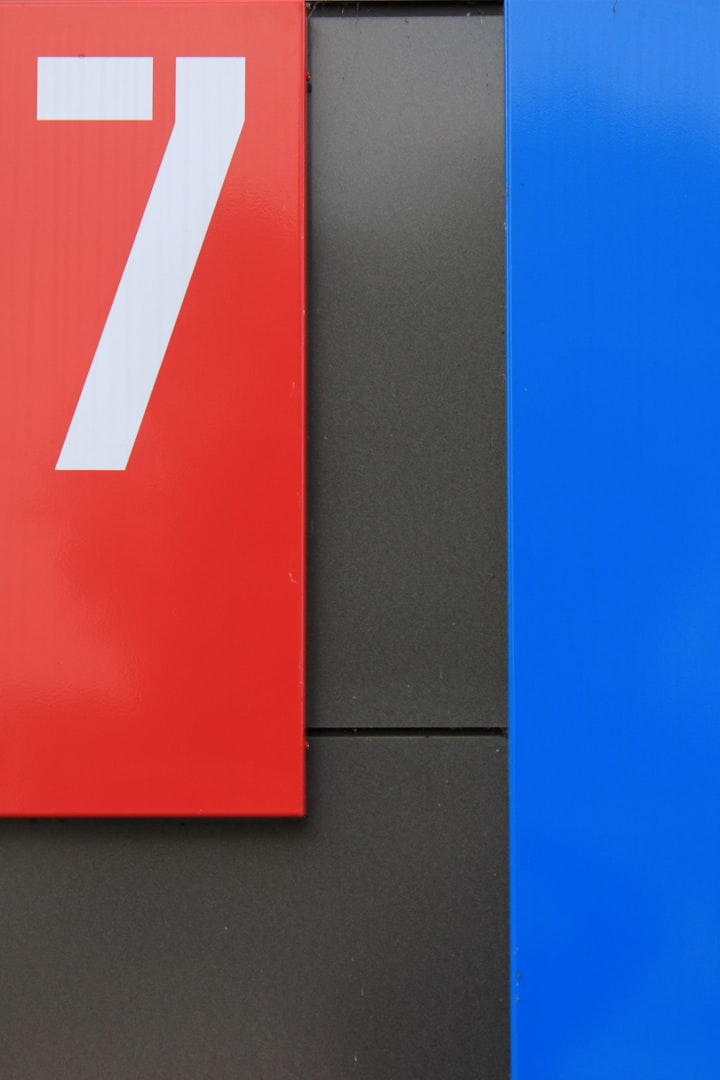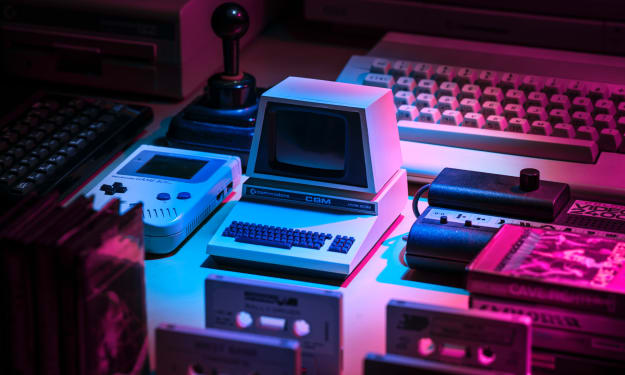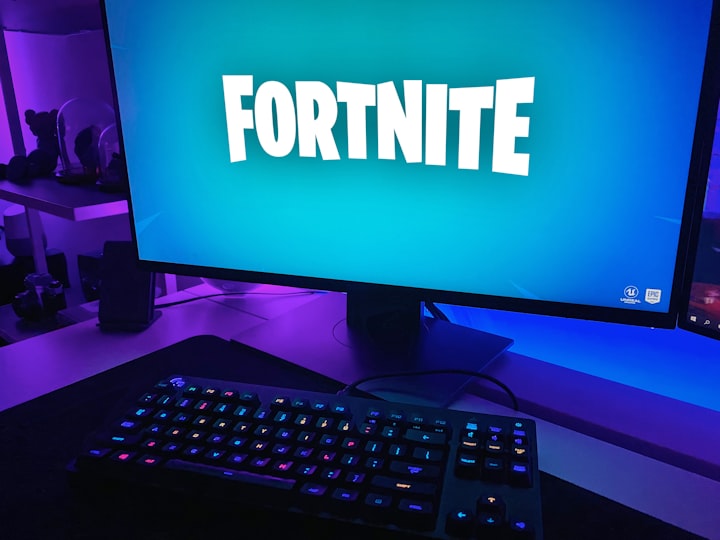Why the Mass Effect ending is actually not that bad.
In defense of occasional simplicity

I just finished the Mass Effect trilogy for the first time. No, not just the first time with the Legendary Edition. I just finished THE Mass Effect trilogy, straight up, for the first time in my life.
Upon finishing it, I was amazed, now that I could finally scour the internet unfettered, to see the amount of backlash that existed, and still exists, about the ending.
(Note: I'll be referring to Shepard as "she" throughout this piece, because that is how I experienced the trilogy. I truly don't know how anyone can listen to the nails-on-chalkboard male voice for the entirety of three games.)
A quick refresher. At the end of Mass Effect 3, there are three possible ways the player, Shepard, can wrap the trilogy up. There is the Red option, in which Shepard destroys all synthetic life in the galaxy. There is the Blue option, in which Shepard sacrifices herself and merges with the Reapers. Third, the Green option, in which Shepard ends the cycle by sacrificing herself to merge all organic and synthetic life in the galaxy. (Credit to Screen Rant and their very handy breakdown of the choices.)
So, what is wrong with that?
The primary critique that pops up over and over when I google "what is wrong with the Mass Effect endings?" is that the choices Shepard makes throughout the games do not ultimately matter when it comes to the ending. No matter what happens along the way, you ultimately have three choices.
It's a true statement. There are a vast number of choices to make along the way, but the ending will always be one of the three.
To refer to that as a negative, however, is fundamentally wrong.
It is wrong because it implies that the choices Shepard makes throughout the three games don't matter. Of course they do.
A simple ending doesn't negate her decision to save or slaughter the colonists of Zhu's Hope. It doesn't negate her decision to free or kill the Rachni Queen. In my case, a simple ending doesn't negate the fact that I forgot to save Jack from Grissom Academy and ended up having to face her near the end of the third game.
From the beginning of The Lord of the Rings, it is very clear how the trilogy will end. Frodo will cast the ring into the fire, destroying Sauron and Mordor in the process. That doesn't negate Helm's Deep, or the Council of Elrond, or the end and redemption of Boromir. It sure as hell doesn't negate Denethor's last meal.
Storytelling has always been formulaic. From the second I learned of the Reapers, I knew a Matrix ending, or some form of one, was coming. Mass Effect is a story about our relationship with technology, just like Matrix, Terminator, and even Ex Machina.
All three films have a clear message that can be applied to the endings of Mass Effect. In Matrix Revolutions, the solution is choice. Neo sacrifices himself (sound familiar already?) to the machines, and in turn the Architect allows all who want to be free of the Matrix to do so. For all the nuance, twists, and turns of the trilogy, it is a simple choice. The protagonist chooses a messianic sacrifice to ensure the two diametrically opposed forces can coexist and make a better world.
The Terminator is about destiny. The way information is relayed to us creates twists and turns in the film, but every second of the story is preordained. There is nothing Kyle Reese or Sarah Connor can do to change the future. They are simply fighting for the status quo. But, in order for John to be born and lead the resistance to ultimately defeating Skynet, they must play their parts.
Ex Machina is, along with themes of autonomy and individualism, about respecting technology. Ava is treated like a test subject, something to probe and play with, anything but what she is, which is a highly intelligent being. Nathan's effort with her is not a cooperative one, and he suffers the backlash of the inhumane behavior he perpetrates in the form of his ultimate demise. The ending of Ex Machina is the least preordained of these three films, but it still speaks to the choice between destroying the Reapers and synthesizing with them.
The terrain Mass Effect is charting, and the technological future it has an eye towards, is not unprecedented by any stretch of the imagination.
Look around you, and you can see it in your everyday life. technology has crept into every aspect of your daily routine. It is a reality that will only increase in validity.
So, seeing as you aren't a Spectre and can't destroy all synthetic life from here to Virmire, you have a choice. Synthesize, and take advantage of technology in ways that will make the world around you a better place? Or sit around wishing you could destroy it all?
Throughout your life, you'll have plenty of opportunities to craft your story. You can make allies or enemies. You can help or hurt those less fortunate than you. You can romance this person or that person. You, just like Shepard, get to make all those little stories that create your story.
But, on that existential question of how we reckon with technology's existence in our life, it's simple. Do we work with it to make our lives and the lives of those around us better? Or do we set fire to the whole thing?
For anyone born in the last 2,000 years or the next, it is preordained. That is our choice.
About the Creator
Jake Mitchell
Follow Jake on Twitter: @TheJakeMitchell






Comments
There are no comments for this story
Be the first to respond and start the conversation.